-
When Should You See Your Pediatrician?
posted: Apr. 09, 2024.

-
How Often Should My Child Be Seeing a Pediatrician?
posted: Apr. 01, 2024.

-
What To Expect at a Behavioral Health Evaluation
posted: Mar. 07, 2024.

-
The Importance of Regular Well Visits
posted: Mar. 01, 2024.

-
The Importance of Early Childhood Vaccinations
posted: Feb. 07, 2024.
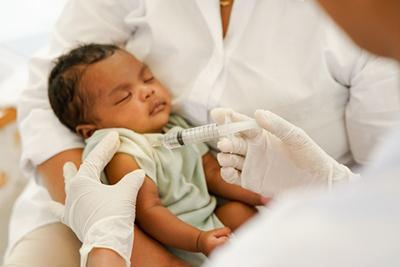
-
Childhood Obesity: Causes, Risks, and Strategies for Prevention
posted: Feb. 01, 2024.
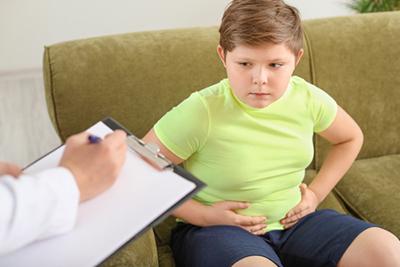
-
Best Ways To Prevent Ear Infections
posted: Jan. 07, 2024.
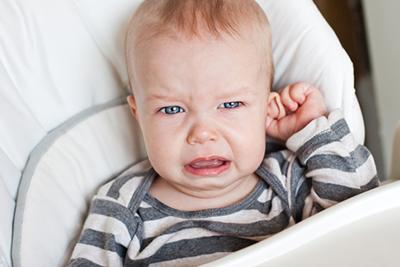
-
The Role of Pediatricians in Early Childhood Development
posted: Jan. 01, 2024.

-
Preventive Health Screenings: Understanding the Value of Regular Physicals
posted: Dec. 20, 2023.

-
Promoting Mental Health in Children
posted: Dec. 07, 2023.
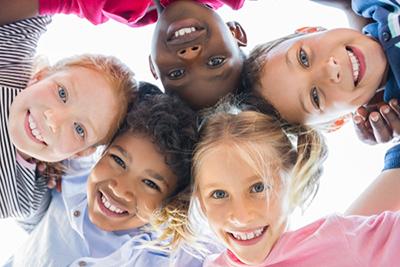
-
Tips To Help Your Child Eat Healthier
posted: Dec. 01, 2023.

-
Sports Injuries in Kids: Prevention and Treatment
posted: Nov. 07, 2023.

-
The Importance of Well Care Visits for Adolescents
posted: Nov. 01, 2023.

-
Asthma Prevention: A Pediatrician's Guide to Respiratory Health
posted: Oct. 09, 2023.

-
Why Is A Sports Physical So Important?
posted: Oct. 01, 2023.
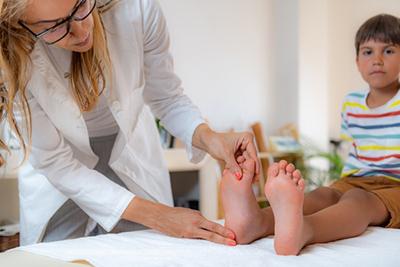
-
The Benefits of Visiting a Pediatrician
posted: Sep. 07, 2023.

This website includes materials that are protected by copyright, or other proprietary rights. Transmission or reproduction of protected items beyond that allowed by fair use, as defined in the copyright laws, requires the written permission of the copyright owners.
